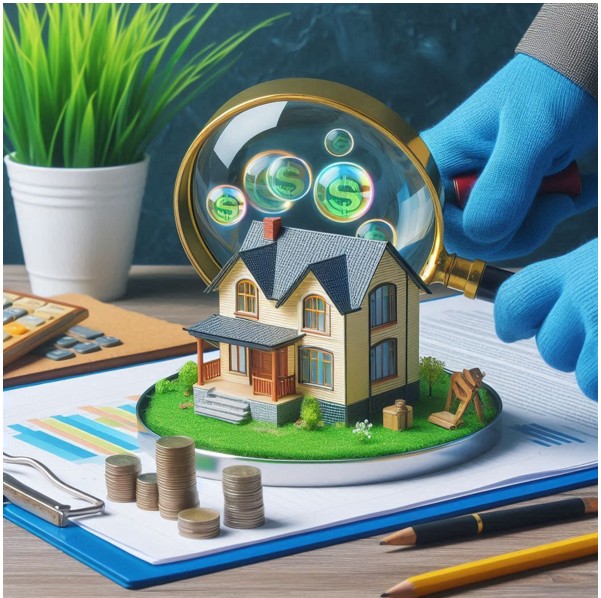The Importance of Home Inspections: Identifying Potential Issues Before Buying
Buying a home is an exciting journey, but it’s crucial to make informed decisions to ensure your investment is sound. One of the key steps in this process is getting a home inspection. Let’s explore why home inspections are essential and how they can protect you from future headaches.
Why Get a Home Inspection?
A home inspection is a comprehensive evaluation of a property’s condition. Conducted by a professional home inspector, this process helps identify any potential issues that could affect the home’s safety, functionality, and value. Here’s why getting a home inspection is a smart move:
- Uncover Hidden Problems: Not all issues are visible to the untrained eye. A home inspection can reveal hidden problems such as structural defects, electrical issues, plumbing leaks, and more.
- Avoid Costly Repairs: Identifying problems early can save you from expensive repairs down the road. It gives you the leverage to negotiate with the seller for repairs or price adjustments.
- Ensure Safety: A thorough inspection checks for safety hazards like faulty wiring, mold, and radon levels, ensuring your new home is safe for you and your family.
- Peace of Mind: Knowing the true condition of the property allows you to make an informed decision and buy with confidence.
What to Expect During a Home Inspection
During a home inspection, the inspector will examine various aspects of the property, including:
- Structural Components: Foundation, walls, roof, and attic.
- Exterior Features: Siding, windows, doors, and landscaping.
- Plumbing System: Pipes, water heater, and fixtures.
- Electrical System: Wiring, outlets, and circuit breakers.
- Heating and Cooling Systems: HVAC units, ductwork, and insulation.
- Interior Features: Floors, ceilings, walls, and appliances.
- Insulation and Ventilation: Attic and crawl space ventilation.
- Safety Features: Smoke detectors, carbon monoxide detectors, and railings.
How to Choose a Home Inspector
- Research and Recommendations: Look for certified home inspectors in your area. Ask friends, family, or your real estate agent for recommendations.
- Check Credentials: Ensure the inspector is licensed and certified by a reputable organization, such as the American Society of Home Inspectors (ASHI) or the International Association of Certified Home Inspectors (InterNACHI).
- Read Reviews: Check online reviews and testimonials to gauge the inspector’s reputation and reliability.
- Ask for a Sample Report: Request a sample inspection report to understand the level of detail and thoroughness you can expect.
What to Do After the Inspection
Once you receive the inspection report, review it carefully. Here’s how to proceed:
- Discuss with Your Agent: Talk to your real estate agent about the findings. They can help you understand the implications and decide on the next steps.
- Negotiate Repairs or Price Adjustments: If significant issues are found, you can negotiate with the seller to have them repaired or request a price reduction.
- Plan for Future Maintenance: Even if no major issues are found, use the inspection report to plan for future maintenance and improvements.
Final Thoughts
Getting a home inspection is a crucial step in the home buying process. It provides a clear picture of the property’s condition, helping you make an informed decision and avoid unexpected surprises. Remember, it’s better to be safe than sorry—invest in a home inspection for peace of mind and a secure investment. Happy house hunting!


 Facebook
Facebook
 X
X
 Pinterest
Pinterest
 Copy Link
Copy Link


